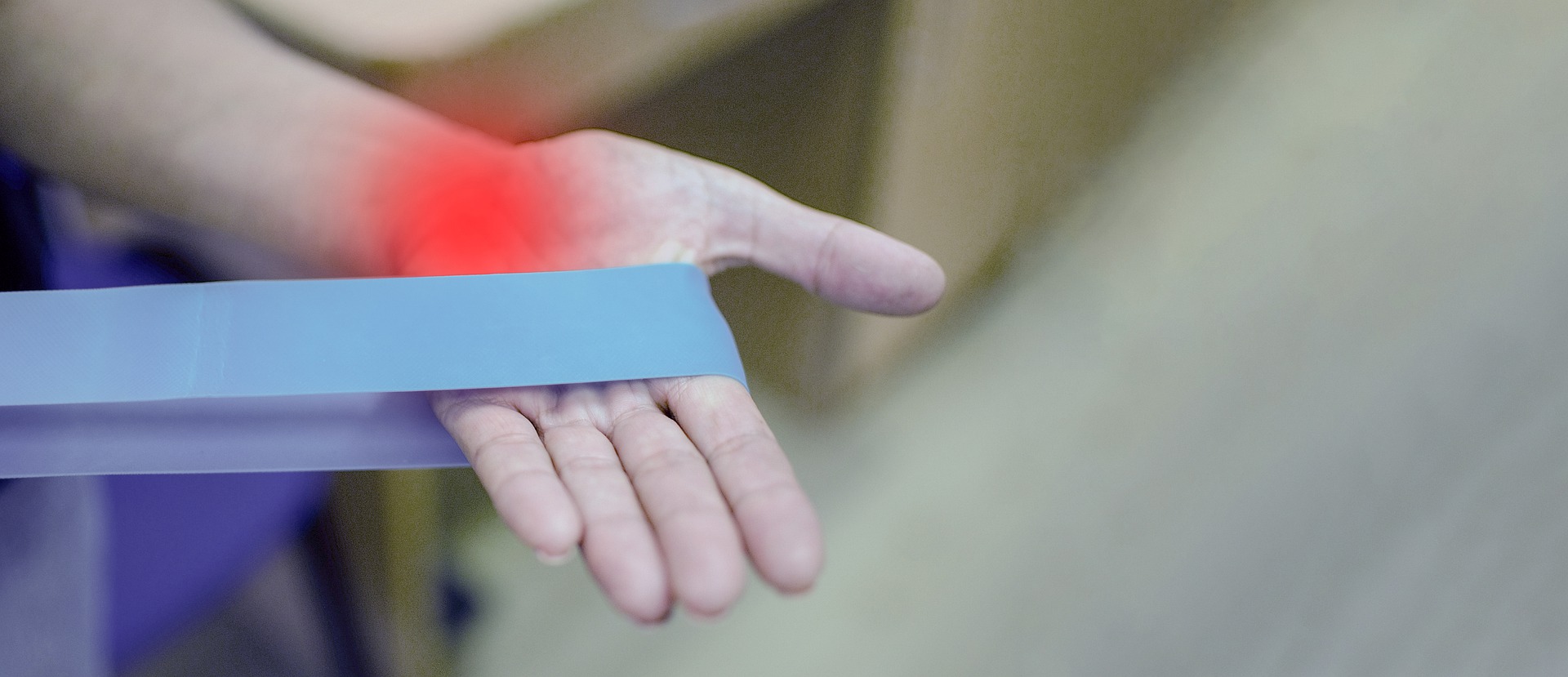What is Osteoarthritis?
Osteoarthritis is a wear and tear problem that deteriorates joints overtime. It mainly affects large weight bearing joints (hips and knees) but any joint in the body can be affected. It can happen at any age, but the good news is that it can be managed very well.
Symptoms of Osteoarthritis
Symptoms can vary and can change overtime. Some common symptoms include
- Cracking sound within the joint
- Stiffness
- Pain on movement
- Decrease range of joint
- Joint swelling
- Muscle weakness
Risk factors
- Being overweight
- Previous injury to the joint
- Increase age
- Repetitive movement associated with occupation
- Genetics
- Gender
Management of Osteoarthritis
It is important to have your osteoarthritis monitored by a health professional e.g Physio or GP. They can help you understand how the condition is relevant to you and how it can be managed effectively. Some of the management suggestions may include:
- Lifestyle changes such as reducing sedentary habits
- Managing diets and eating habits
- Weight loss
Prescribed physiotherapy exercises for osteoarthritis are aimed at strengthening joints to improve mobility, pain, and function. They are individualised and tailored towards needs and goals. A good exercise program will consist of strength training, stretching, cardio and some balance exercises. It can be done at home or even in a group setting.
Surgery for osteoarthritis is usually not required and often reserved as a last resort. Conservative treatment such as lifestyle changes and low impact strengthening exercises should be the first line of treatment. If there is still significant pain and function loss, then surgery may be an option.
Tip for Managing Osteoarthritis
- Complete regular low impact exercises such as walking and light strength training
- Maintain a healthy lifestyle, watch your sugar levels, and maintain your waistline!
- Manage your workplace where you are doing repetitive kneeling, lifting etc
For more information, you can chat to one of our lovely XRHealth physiotherapists, or speak to your own GP!



